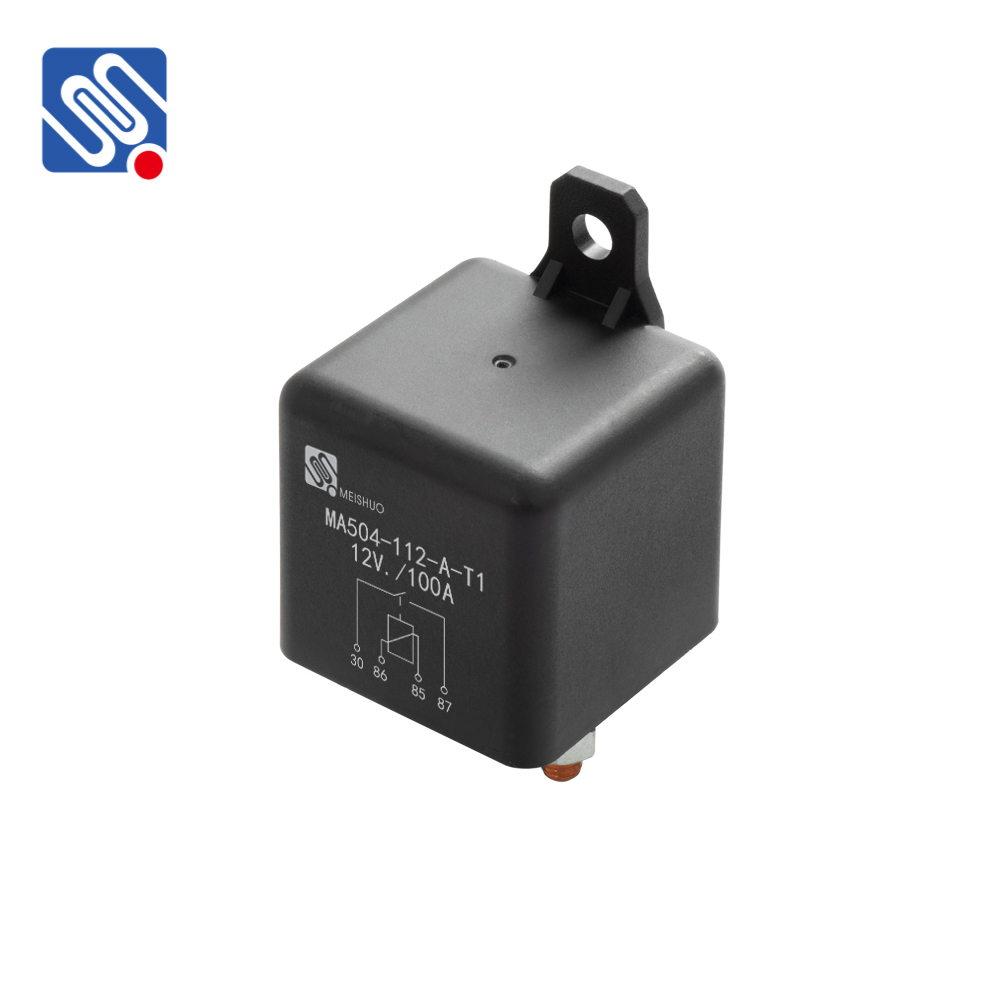understanding relay load and the role of meishuo in efficient load management
Release time:2025-05-04 00:35:10
Relay load management plays a crucial role in various electrical systems, particularly in industries and commercial sectors where maintaining a stable power supply is essential. A relay, in simple terms, is an electrically operated switch that allows one circuit to control another. Relay load management involves controlling electrical loads using relays to ensure efficiency, safety, and sustainability. One of the key players in modern load management systems is Meishuo, a company that specializes in providing advanced relay-based solutions to enhance the overall management of electrical loads in different sectors.

The Concept of Relay Load In an electrical circuit, a relay is used to switch a load on or off depending on the circuit conditions. A "load" refers to any electrical device or equipment that consumes electricity. Examples of loads include motors, lights, appliances, and industrial machinery. By using relays, it’s possible to manage the distribution of electricity in a more efficient and controlled manner. The relay load management process typically involves using relays to automate the switching of electrical devices based on specific criteria, such as time, demand, or the status of other equipment. This automation helps in reducing energy consumption, preventing overloads, and minimizing wear and tear on electrical systems. Relay load management systems are essential in preventing costly damages to equipment and ensuring that energy usage is optimized.

